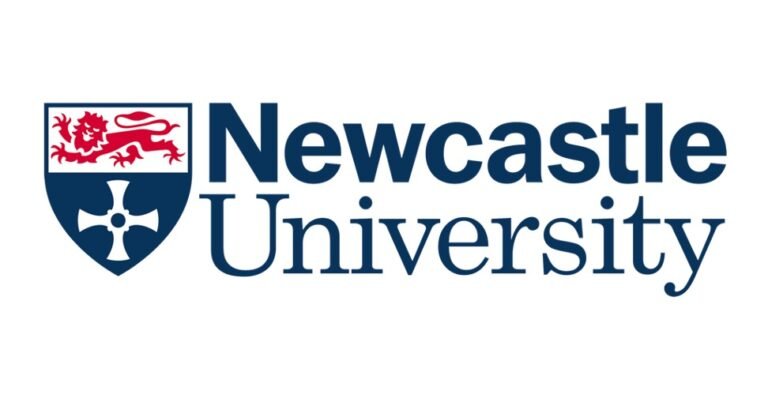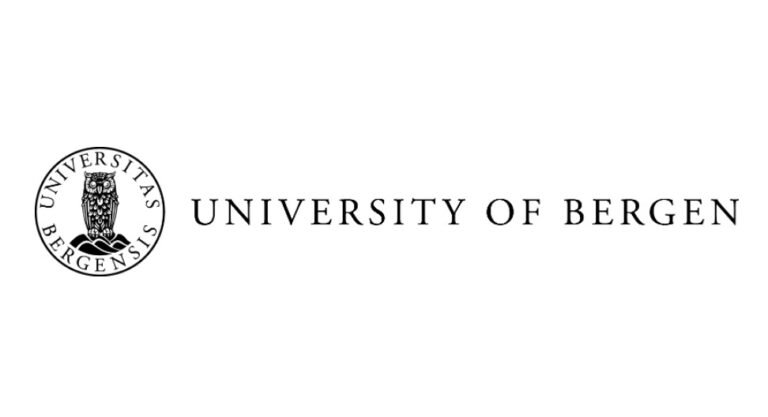Project details
Global change is accelerating the rate of deterioration of geotechnical systems (slopes, tunnels, foundations, retaining structures, pipelines). There is an urgent need for monitoring strategies that can be retrofitted to ageing infrastructure to detect and provide early warning of limit state failures.
Acoustic emission (AE) is dissipated when materials deform. AE sensing offers the potential to monitor and interpret geotechnical system behaviour; however, its widespread application has been limited by gaps in knowledge linking fundamental soil behaviour to AE measurements.
Depending on the selected PhD candidate’s strengths and interests, the project could focus on one or more of the following areas:
- Element-scale soil mechanics laboratory testing.
- Large-scale/field experiments with geotechnical systems.
- Discrete element method (DEM) simulations.
- Data fusion and AI analytics.
Dr Alister Smith is Reader (Associate Professor) in Geotechnics and leads research on acoustic emission monitoring in geotechnical engineering.
94% of Loughborough’s research impact is rated world-leading or internationally excellent. REF 2021
Supervisors
Primary Supervisor: Dr Alister Smith
Entry requirements
Our entry requirements are listed using standard UK undergraduate degree classifications i.e. first-class honours, upper second-class honours and lower second-class honours. To learn the equivalent for your country, please choose it from the drop-down below.
Entry requirements for United Kingdom
Applicants should have, or expect to achieve, at least a 2:1 honours degree (or equivalent) in a relevant subject. A relevant master’s degree and/or experience is desirable.
English language requirements
Applicants must meet the minimum English language requirements. Further details are available on the International website.
Fees and funding
Tuition fees for 2024-25 entry
UK fee
To be confirmed Full-time degree per annum
International fee
£27,500 Full-time degree per annum
2024-25 tuition fees are applicable to projects starting in October 2024, January 2025, April 2025 and July 2025.
Tuition fees cover the cost of your teaching, assessment and operating University facilities such as the library, IT equipment and other support services. University fees and charges can be paid in advance and there are several methods of payment, including online payments and payment by instalment. Fees are reviewed annually and are likely to increase to take into account inflationary pressures.
How to apply
All applications must be made online and must include a completed studentship application form (instead of a personal statement) and a two-page research proposal based on the project description describing how you would approach the project and what methods you would use. Under programme name, please select ‘Architecture, Building and Civil Engineering (Built Environment)’. Please quote reference number ABCE-ASm1-24.
To avoid delays in processing your application, please ensure that you submit the minimum supporting documents including an up-to-date CV, but a personal statement is not required.
ABCE will use these selection criteria to make a decision on your application.











